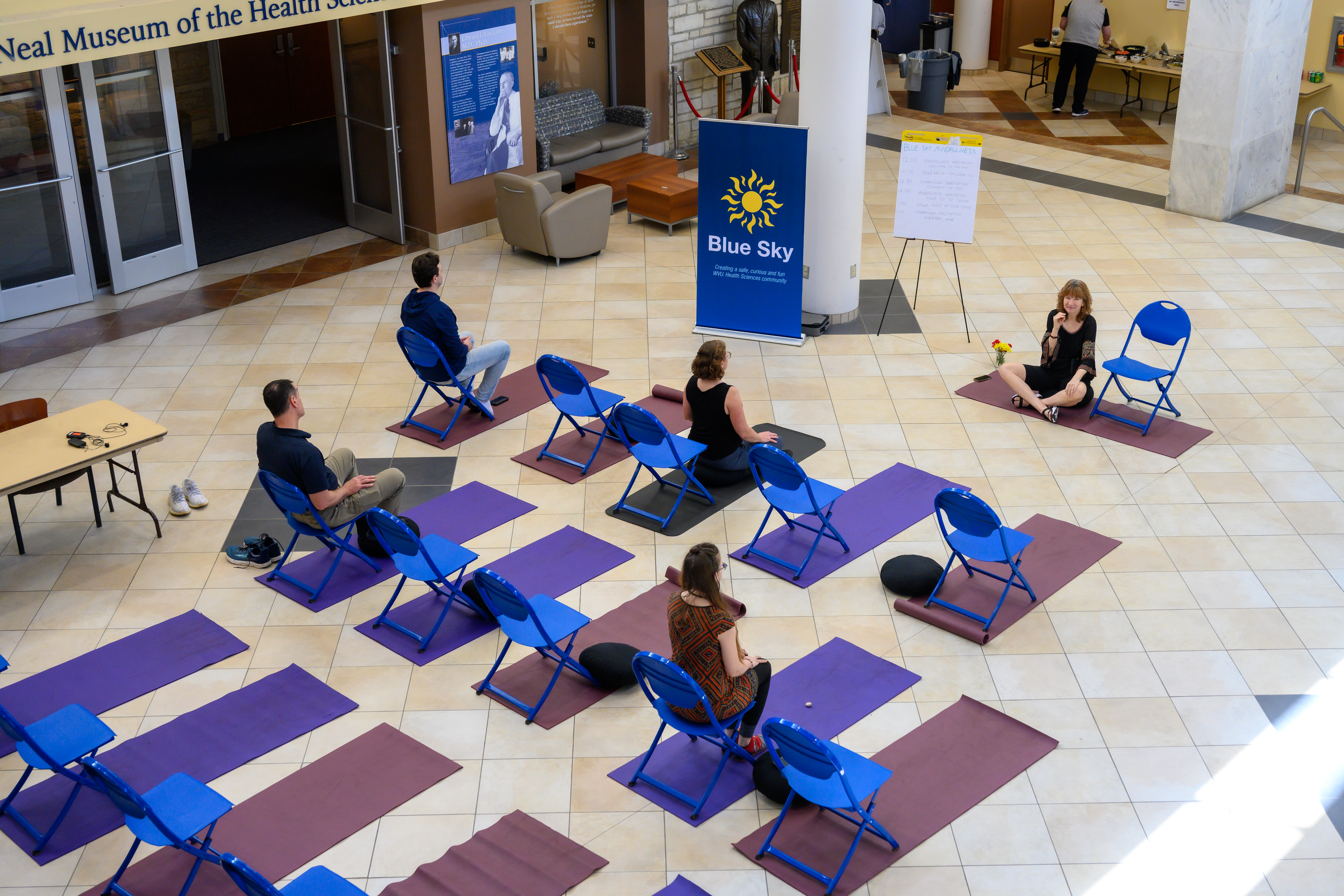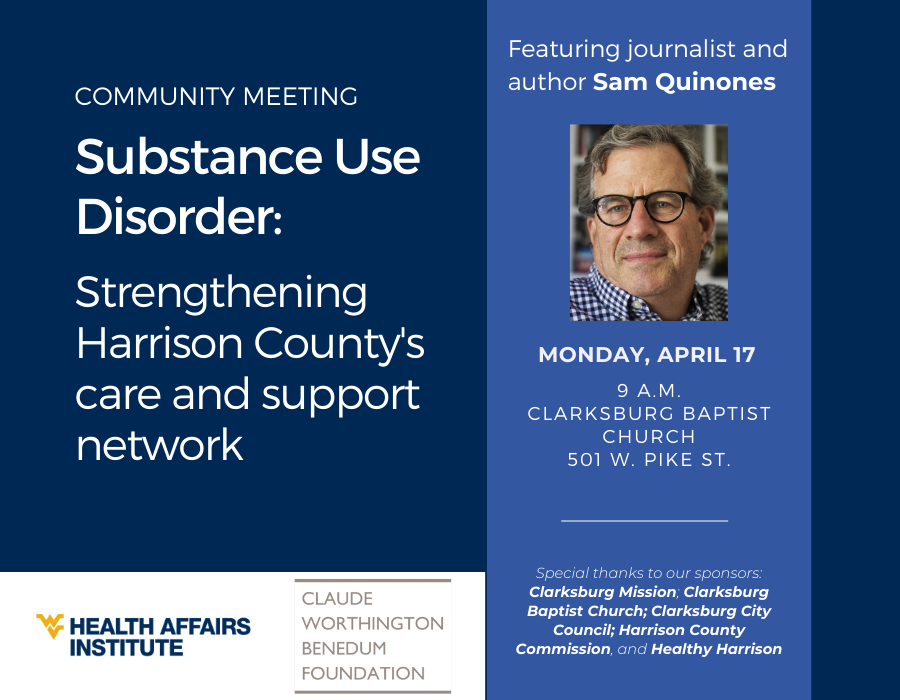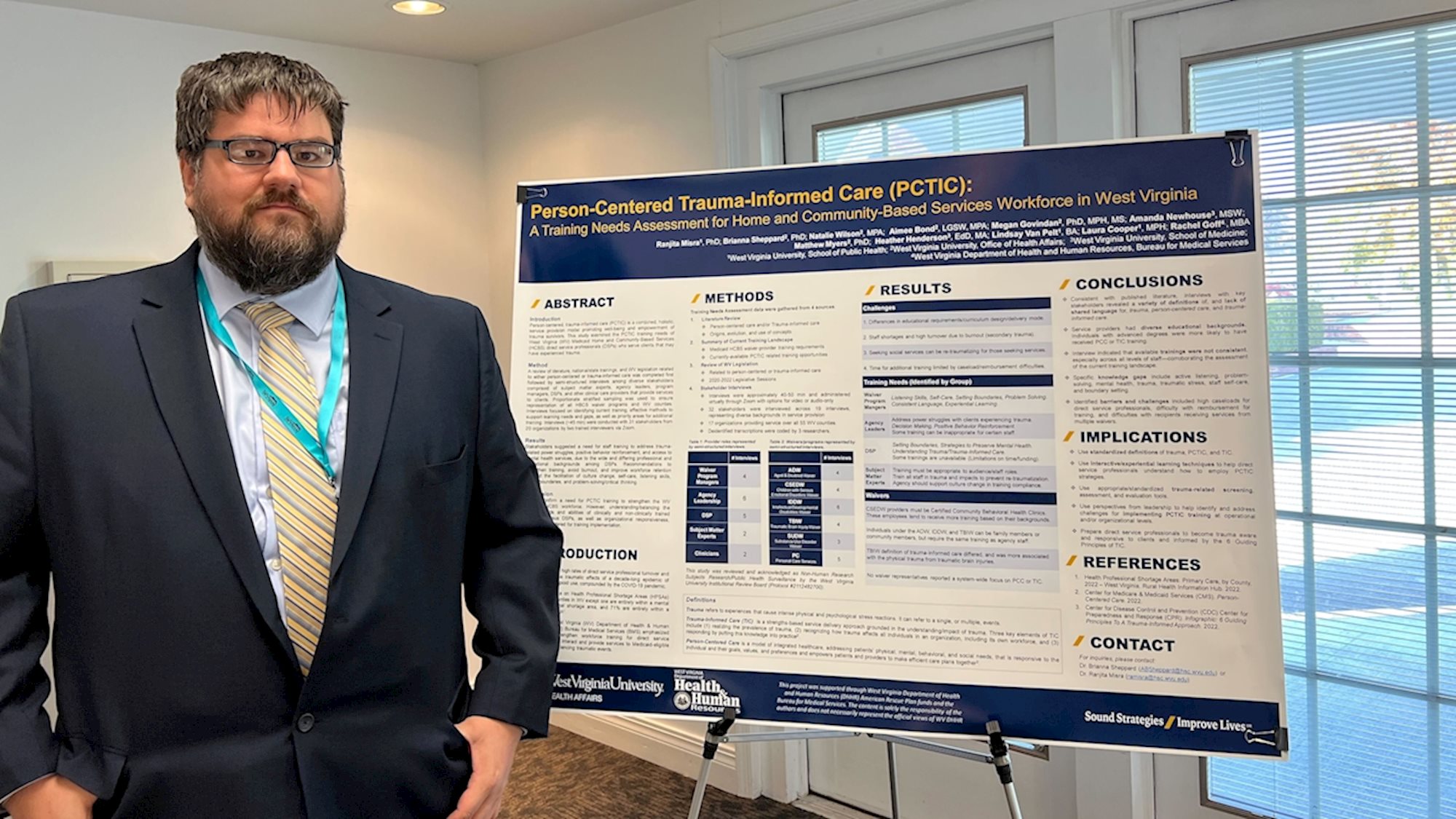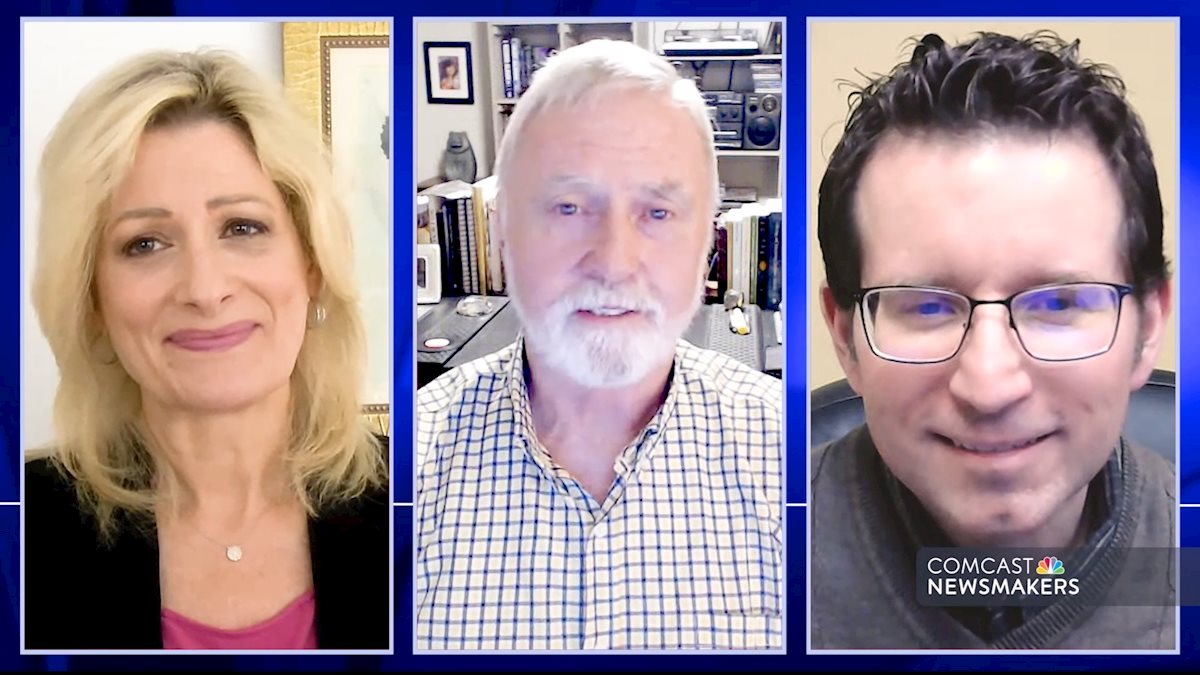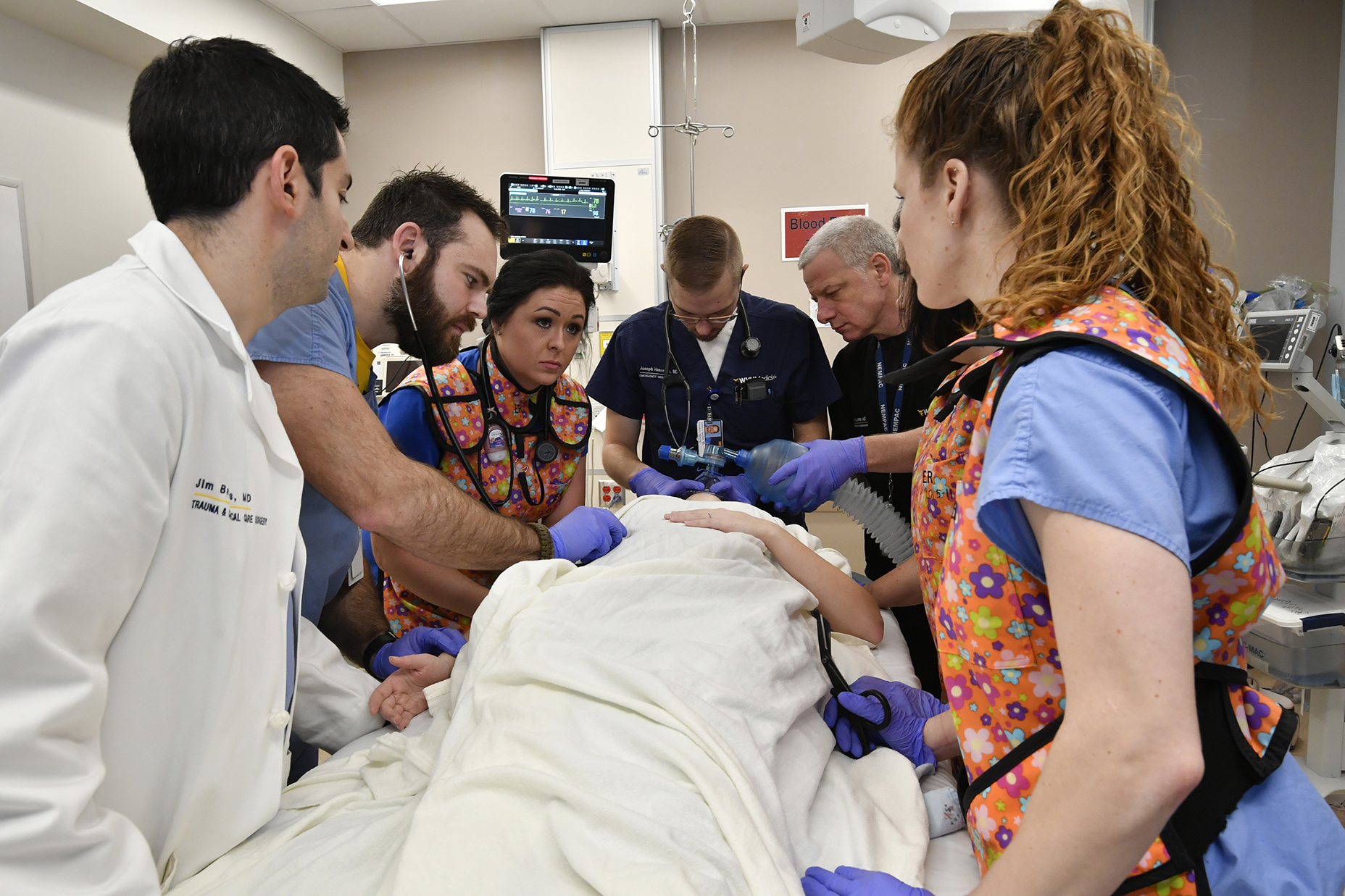SAMHSA grant provides training on medication-assisted treatment to medical students across West Virginia

West Virginia’s three medical schools—the Marshall University Joan C. Edwards School of Medicine, West Virginia School of Osteopathic Medicine (WVSOM), and West Virginia University’s (WVU) School of Medicine and WVU Health Affairs Institute—are collaborating on a project that will dramatically increase the number of educated providers who can provide medication-assisted treatment (MAT) by embedding MAT training into the medical school curriculum.
The project, made possible through a $448,786 grant from the Substance Abuse and Mental Health Services Administration (SAMHSA) and support from the West Virginia Higher Education Policy Commission, will establish a single MAT education coordinator for the state of West Virginia to assist in curriculum development and help programs and students overcome barriers to embedding MAT training and establishing their MAT waiver. This collaborative project is uniquely positioned to improve the provider pipeline in a high-need region through a sustainable model for curriculum integration.
“The need to train medical professionals on addiction treatment in West Virginia has never been more important,” said Lyn M. O’Connell, Ph.D., associate director of addition sciences at the Marshall University Joan C. Edwards School of Medicine who also serves as principal investigator on the grant. “Currently, the number of MAT providers in West Virginia falls far short of the need for services. By improving education around addiction treatment, this project will also help develop a more compassionate and equipped generation of health care providers.”
During the next three years, project leaders will build a sustainable model for curriculum integration that not only addresses prescribing practices but also includes awareness, recognition and stigma as key components of MAT education.
“This grant helps us to continue focusing on the needs of our population and the students we train,” said Norman Ferrari, M.D., chief academic officer for WVU’s medical education program. “Our long-standing commitment to including addiction and pain management threads in our medical student curriculum, paired with our ACGME-accredited fellowships in addiction psychiatry and addiction medicine, enhance our students’ learning environment at all levels.”
“This effort is an excellent example of how we as academic health centers, and as a state, are coming together as true partners to address some of the most pressing health issues that West Virginia currently faces,” said Brianna Sheppard, Ph.D., associate director of research for Health Affairs Institute.
“Our medical students show up on campus well aware of the opioid epidemic facing the nation and hungry for information on this topic, especially ways to help those struggling with opioid use disorder,” said Gretchen Lovett, Ph.D., professor of clinical sciences at WVSOM and member of the grant team. “So, increasing this content in medical school curricula is going to bring this information to a very open and enthusiastic audience of future doctors.”
Project goals also include expansion of MAT training into other prescriber disciplines, including nurse practitioners and physician assistants. Each of the medical schools have identified faculty champions who know the inner workings of their curriculum and can assist in the success of the project.
Marshall University will be hiring a full-time director to spearhead this effort. To apply to be part of the team, visit Marshall University Employment Opportunities | MAT-ED Director (peopleadmin.com).




